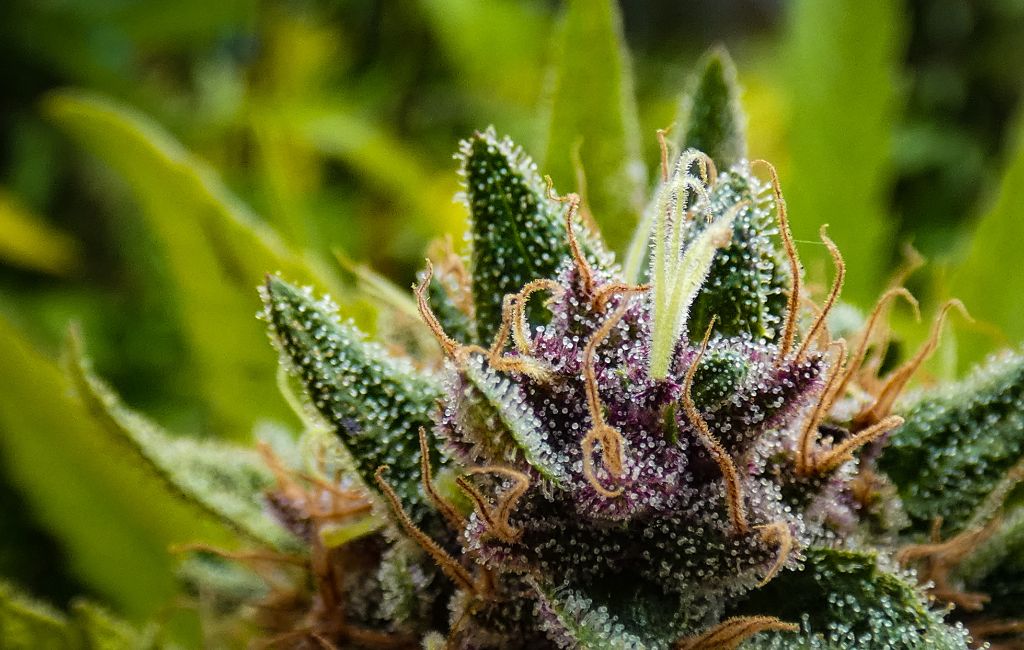THCa Flower: Elevate Your Routine
In recent years, the cannabis industry has seen a surge in interest surrounding various cannabinoids, each offering unique benefits and experiences. Among these, THCa (tetrahydrocannabinolic acid) has emerged as a fascinating compound, particularly in its raw form as THCa flower. This article explores the potential of THCa flower to enhance daily routines, providing insights into its properties, benefits, and applications.
Understanding THCa: The Basics
THCa is a non-psychoactive cannabinoid found in raw and live cannabis. Unlike THC (tetrahydrocannabinol), which is known for its psychoactive effects, THCa does not produce a high when consumed in its natural state. This makes it an appealing option for those seeking the therapeutic benefits of cannabis without the mind-altering effects.
How THCa Converts to THC
THCa transforms into THC through a process called decarboxylation. This occurs when cannabis is exposed to heat, such as during smoking or vaping. The heat removes a carboxyl group from THCa, converting it into the psychoactive THC. This conversion is why raw cannabis does not produce the same effects as its heated counterpart.
Benefits of THCa Flower
THCa flower offers a range of potential benefits, making it a versatile addition to wellness routines. Here are some of the key advantages:
- Anti-inflammatory Properties: Research suggests that THCa may help reduce inflammation, offering relief for conditions such as arthritis and other inflammatory disorders.
- Neuroprotective Effects: Studies indicate that THCa may have neuroprotective properties, potentially benefiting those with neurodegenerative diseases.
- Antiemetic Benefits: THCa has shown promise in reducing nausea and vomiting, which can be particularly beneficial for patients undergoing chemotherapy.
- Appetite Stimulation: Like THC, THCa may help stimulate appetite, aiding individuals with eating disorders or those experiencing appetite loss due to medical treatments.
Incorporating THCa Flower into Your Routine
Integrating THCa flower into daily life can be both simple and rewarding. Here are some practical ways to do so:
Raw Consumption
One of the most straightforward methods is consuming THCa flower in its raw form. This can be done by adding it to smoothies or salads, allowing users to enjoy its benefits without psychoactive effects.
Juicing
Juicing raw cannabis leaves and flowers is another popular method. This approach preserves the THCa content while providing a nutrient-rich beverage that can be consumed daily.
Topical Applications
THCa-infused topicals can be applied directly to the skin, offering localized relief for pain and inflammation. This method is particularly useful for those with arthritis or muscle soreness.
Case Studies and Research
Several studies and anecdotal reports highlight the potential of THCa flower in various applications. For instance, a study published in the British Journal of Pharmacology found that THCa exhibited anti-inflammatory and neuroprotective properties in animal models. Additionally, patients with chronic pain have reported significant relief when using THCa-rich products.
In another case, a patient with Parkinson’s disease experienced improved motor function and reduced tremors after incorporating THCa into their regimen. These examples underscore the potential of THCa as a therapeutic agent.
Statistics and Market Trends
The cannabis market has seen a growing interest in THCa products. According to a report by Grand View Research, the global cannabis market size was valued at USD 20.47 billion in 2020 and is expected to expand at a compound annual growth rate (CAGR) of 26.7% from 2021 to 2028. This growth is driven by increasing consumer awareness and demand for non-psychoactive cannabinoids like THCa.
Furthermore, a survey conducted by New Frontier Data revealed that 39% of cannabis consumers are interested in trying THCa products, indicating a significant market potential for this cannabinoid.
Conclusion
THCa flower presents a unique opportunity to enhance daily routines with its array of potential benefits. From anti-inflammatory and neuroprotective effects to appetite stimulation and antiemetic properties, THCa offers a versatile and non-psychoactive option for those seeking the therapeutic advantages of cannabis. As research continues to uncover the full potential of this cannabinoid, its popularity is likely to grow, making it a valuable addition to the wellness landscape.
